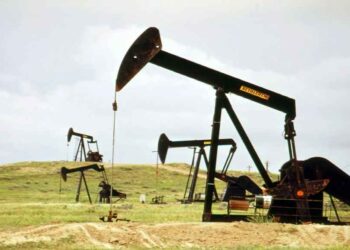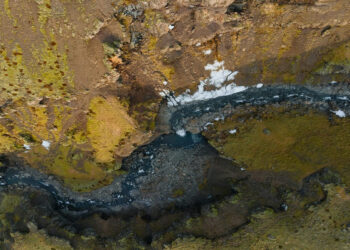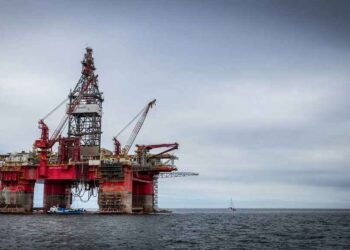The Bakken Pipeline Project is a proposed extension of the existing Bakken pipeline running between Berthold, North Dakota in the US and Saskatchewan in Canada.
The project is awaiting approval from the National Energy Board (Canada). It is currently in the final stage of approval and if given a go-ahead, construction of the pipeline will begin in 2012 and be completed in the first quarter of 2013.
Enbridge Bakken Pipeline, a unit of the Enbridge Income Fund, will execute the project at a cost of $550m. The proposed expansion is one of the many expansion projects being undertaken by Enbridge to address crude oil transportation needs in the region.
Execution of the project was further strengthened with long-term commitments from anchor shippers. The project is expected to provide shippers with an economical and long-term transportation service.
Construction and infrastructure
The project is divided into two parts, Bakken Pipeline (Canada) and Bakken Pipeline (US). The Canadian portion includes expansion of the capacity of Bakken pipeline to 145,000bpd. Capacity of the pipeline will be expandable, eventually to 325,000bpd.
“The US portion includes extension of Enbridge’s Portal Link or Line 26 pipeline.”
A new 124km, 16in-diameter pipeline will also be built between Saskatchewan and Manitoba in Canada. New pumps and equipment will be installed at the Steelman Terminal in Saskatchewan. The utilities of the terminal will be upgraded to enable processing of the additional crude oil supply.
The US portion will include extension of Enbridge’s Portal Link or Line 26 pipeline. An 11-mile section of the Portal Link between Kenaston and Lignite in North Dakota has been replaced and routed through Lignite to give way for the new pipeline. The Portal Link portion was completed in May 2011.
The expansion includes construction of two new pumping stations at Kenaston and Lignite in North Dakota, US. The existing terminal and pumping station in Berthold, North Dakota will also be expanded to process the additional crude oil supply.
Pipeline route
The extension of Bakken pipeline will start from Beaver Lodge Station near Tioga, North Dakota in the US and end at the Enbridge mainline terminal at Cromer, Manitoba in Canada.
The pipeline will follow the current rights of way of Enbridge’s pipelines.
Reserves
The expansion will enable crude oil produced from the Bakken Shale and Three Forks formations to be transported to the US Midwest, Mid-continent and eastern Canada. The formations are spread over Saskatchewan, Montana and North Dakota and are estimated to contain more than five billion barrels of recoverable oil.
The Bakken Shale formation was discovered in the 1950s and contains estimated reserves of 4.3 billion barrels.
“The existing Bakken pipeline interconnects with Williston Basin’s pipeline in Mountrail County.”
Other formations such as Spearfish and Birdbear are expected to further boost the production rate in the area.
Crude oil production is steadily rising in these areas due to the use of horizontal drilling, fracturing techniques and other advanced technologies.
Use of these technologies has also enabled production from tough-to-access oil pools and doubled oil production from the area to 80m barrels in 2009.
The future production rates projected for the area exceed the current capacity of the pipeline. Due to insufficient capacity, the development partners of the formations have been facing transportation bottlenecks. The project will provide a long-term solution to these bottlenecks.
Bakken pipeline connection
The existing Bakken pipeline interconnects with Williston Basin’s pipeline in Mountrail County, North Dakota. It passes in the north-eastern direction and interconnects with Alliance Pipeline in Bottineau County, North Dakota.
Contractors
Texas-based ENGlobal carried out the engineering and design studies for the project. ENGlobal was responsible for the development of land plots, creation of plant piping and instrumentation diagrams and project tracking. The company used its geographic information systems (GIS) software for tracking the project. ENGlobal was also responsible for preparing the construction agreement, material procurement and management of contractor invoices.

















































